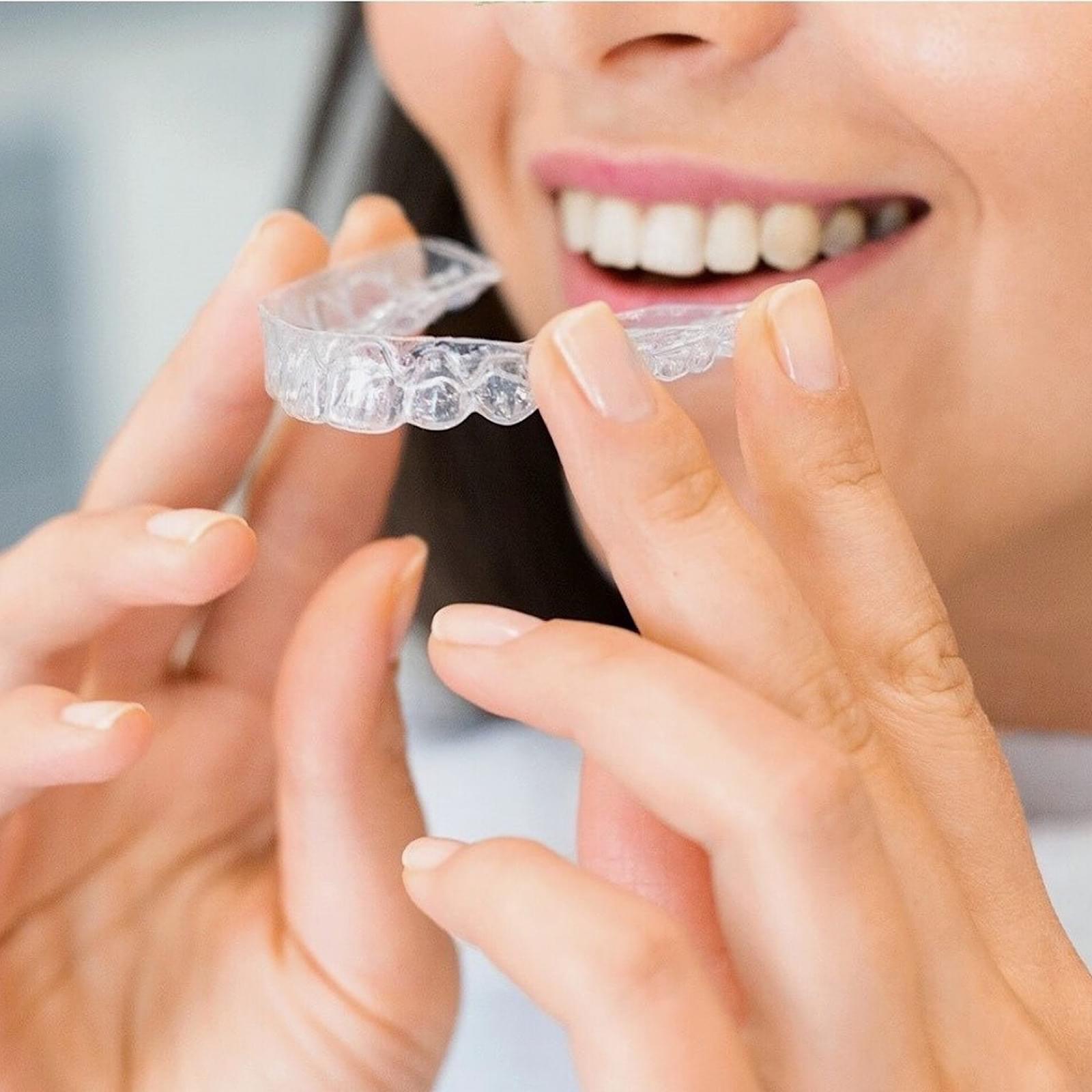As the Miami community dons pink ribbons in support of Breast Cancer Awareness Month, Assure A Smile would like to take a moment to share new medical research on the role iodine might play in preventing this terrible disease.
Iodine and cancer share a close relationship for which the public must be aware, according to studies by cancer expert and author, Dr. David Brownstein, MD. And since this October is Breast Cancer Awareness Month, the link between iodine and breast cancer takes a special media spotlight. Iodine deficiency can also lead to dry mouth, cavities, and a host of other oral health conditions, making it important to learn how this essential element can be used to improve total body wellness.
Iodine Deficiency and Cancer
Iodine deficiency among Americans is said to have reached “epidemic levels” according to health experts. In Australia, a 2008 study concluded that up to 3 in 4 normal adults worldwide might be suffering from subpar levels of this essential micronutrient (i). Alarmingly, a decrease in iodine consumption has also been linked with an increased rate of cancer.
Writing for Psychology Today, Dr. Teitelbaum explains that there are at least two trends that have caused iodine consumption to fall approximately 50% between 1971 and 2001 (ii): Bromide, and bad medical advice.
Prior to the 1970s, U.S. food manufacturers used iodine to process flour when producing wheat products like breads and cereals. Since the mid 20th century, however, manufacturers began to replace iodine with potassium bromate, or bromide, to give products a fluffier and more aesthetically pleasing appearance.
Despite making wheat products look more appetizing, bromide has the unfortunate side effect of inhibiting iodine activity (iii). In 1990, the International Agency for Research on Cancer classified bromide as a Class 2B carcinogen. By 1994, bromide was banned in Canada and throughout Europe. Today, bromide remains an active part of the wheat manufacturing process in America, despite ongoing petitions to the U.S. Food and Drug Administration (FDA) from such agencies as the U.S. Center for Science in the Public Interest.
Another trend that might explain iodine deficiency in America is peaking interest in improving cardiovascular health through low-sodium diets. Although iodized salt (common table salt) contains subpar levels of iodine, Americans who cut salt to improve heart health are actually aligning themselves with long term health issues and chronic disease, like cancer.
Iodine and Cancer Prevention
Iodine, cancer prevention, and long-term health go hand-in-hand. In his book, Iodine: Why You Need It and Why You Can’t Live Without It, leading cancer researcher Dr. Brownstein explains:
Iodine is the most misunderstood nutrient. After 12 years of practicing medicine, I can say that it is impossible to achieve your optimal health if you do not have adequate iodine levels. I have yet to see any item that is more important for promoting health than iodine. (iii).
Iodine might be particularly important when it comes to preventing breast cancer. Sadly, the FDA has set the recommended daily dosage of iodine at about 200 micro grams per day, primarily as a means of supplementing thyroid health. This figure completely ignores other body tissues that depend on iodine for healthy development and function, say medical experts. For women, the effects of iodine deficiency are likely to cause the most harm to breast and ovarian tissues.
Trending Breast Cancer and Iodine: In an article for Holistic Primary Care, pediatrician and women’s health advocate Dr. Sherri Tenpenny observes that declining rates of iodine consumption (iodine deficiency) shares a strong correlation with increasing rates of breast cancer.
As research continues to indicate that iodine deficiency might perpetuate the onset of cancer—particularly breast cancer—it is recommended that both men and women take the following precautions to ensure healthy iodine consumption each day:
- Eat more foods that are rich in iodine. These include kelp (just 1 serving contains 4x the FDA recommended daily dosage), cranberries, organic yogurt, organic navy beans, and organic strawberries.
- Take a daily iodine supplement.
Please Note: Always consult a physician prior to making changes to your diet or exercise regimen.
Iodine and Oral Health
In addition to increasing the risk of developing certain cancers, iodine deficiency can cause oral health issues that ultimately jeopardize long-term health. According to research on iodine and oral tissues, a deficiency of this essential element can cause the following (v):
- Dry mouth
- Swollen tongue
- Oral aches and pains
- Cavities (impaired re-mineralization of tooth enamel)
- Increased risk of developing sleep apnea due to enlarged/ agitated oral and nasal tissues
Breast Cancer Awareness Month
National Breast Cancer Awareness Month is a collaboration of national public service organizations, professional medical associations, and government agencies teaming to spread awareness for breast cancer, women’s health, and public access to preventative care. Celebrating its 25th year, NBCAM remains a leader in promoting awareness for breast cancer, a condition that claimed the lives of more than 40,000 men and women in the United States during 2009 alone (iv).
To learn more about NBCAM, readers are invited to visit NBCAM.org.
A Holistic Perspective on Dentistry, Nutrition, and Wellness
At Assure A Smile, we take a holistic approach to dentistry that focuses on empowering patients to make lifestyle choices that will have a profoundly positive impact on not just oral health, but on mental, emotional, and physical health as well.
To experience holistic dentistry firsthand, readers are invited to contact our friendly front desk at 305.274.004.
Sources:
(i) Gunton JE, Hams G, Fiegert M, McElduff A. Iodine deficiency in ambulatory participants at a Sydney teaching hospital: is Australia truly iodine replete? Med J Aust. 1999 Nov 1;171(9):467-70.
(ii) “Iodine Deficiency: An Old Epidemic is Back.” Psychology Today. Accessed 21 October 2013.
(iii) See above.
(iv) “Breast Cancer Statistics.” CDC.gove. Accessed 21 October 2013.
(v) “Iodine Deficiency.” Whole Health Dental Center. Accessed 29 October 2013.



Leave A Comment